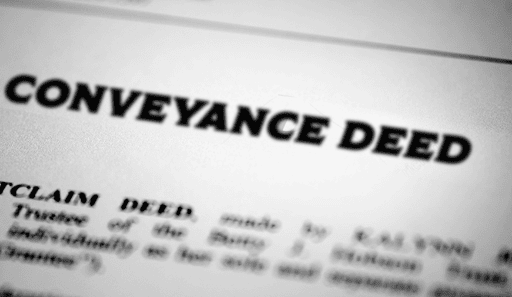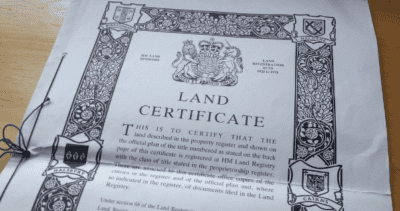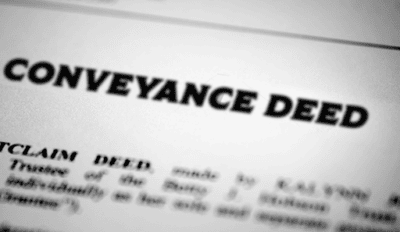Most people will be familiar with the term “Title Deeds” when it comes to property, but it is important to understand that there are other deeds which may affect you when you are buying a property. Here we take a look at five such documents.
Deed of Trust
If you buy a house with someone else, you may consider getting a deed of trust. To be fair, you should probably insist on getting one. The deed is a legal document which makes clear the proportions of the ownership of the property, which may reflect the financial contributions the parties have made and intend to make in the future. You will want to take legal advice on this important document, and online you will find plenty of information at sites such as https://www.samconveyancing.co.uk/news/conveyancing/deed-of-trust-4378 .
Title Deeds
These are a group of documents which establish the ownership of a property and include the complete history of the change of ownership. They will include mortgage details, information on land leases and contracts along with conveyancing details. It establishes a chain of ownership. You may be able to discover some information about a registered property in the deeds, such as who owned it previously.
Mortgage Deed
This is the document which secures the relationship between the borrower and lender in a property transaction. It is signed by both parties, and the deed will include the collateral put up by the borrower – typically this will be the property involved in the transaction. It will include a clause allowing the lender to foreclose and repossess the property in the event that the borrower defaults at any stage. Consequently, it is important to be comfortable that you will be able to repay the loan, regardless of how interest payments may fluctuate over the period of the loan.
Deed of Variation
Wills can form part of the deeds package for a property. They will do so if a property was inherited and help to complete the ownership chain. In some cases there will be a Deed of Variation, which changes the terms of the will after the death of the testator. This happens when a beneficiary wishes to pass on the whole or a part of their inheritance to another party.
Conveyance Deed
This is a legal document which marks a change in ownership of a property when a sale takes place. It will transfer the equity of the property to the buyer from the seller. It will typically include the address and the title particulars of the property, the parties’ names, the amount of the consideration and the date of the transfer and a statement from the new owner accepting any restrictions which may apply.



